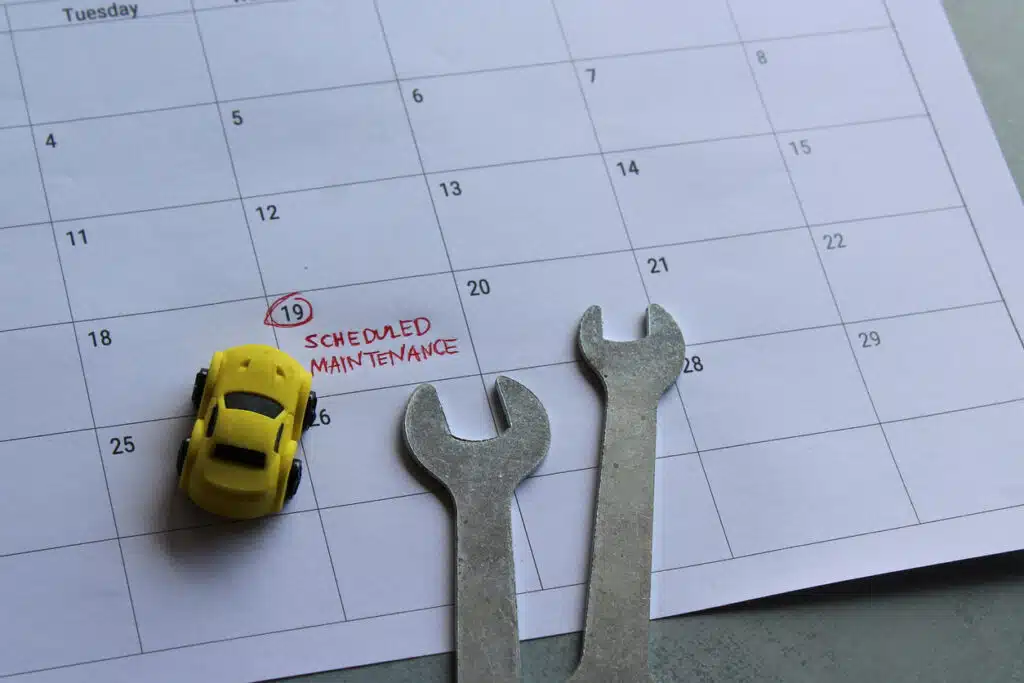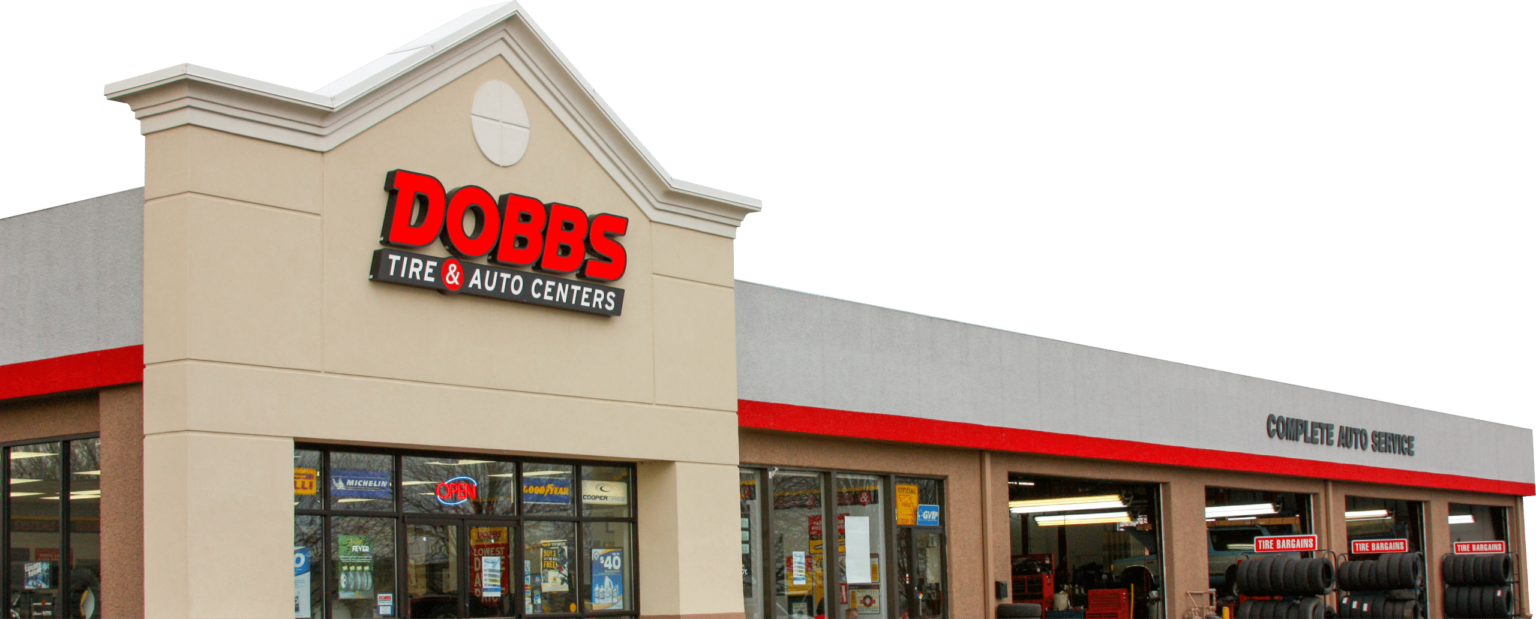5 Maintenance Services That Preserve the Life of Your Engine

Routine maintenance is essential for preventing costly vehicle repairs. So while it may take some investment up front, you’ll enjoy years of reliable transportation without a monthly car payment.
The common mistake many drivers make is waiting until something goes wrong to take their car in for service. Unfortunately, this turns modest service fees into large repair bills and jeopardizes the longevity of your vehicle’s engine. Read on to learn five maintenance services that keep your engine running strong today and in the future.
1. Transmission Service
Whether you drive an automatic or manual, your transmission is one of the most critical engine components in any vehicle. It’s also one of the most expensive to repair or replace. When you drive, your transmission endures a significant amount of heat and pressure.
Transmission fluid is key to keeping things running smoothly, but it can accumulate particles of clutch material and metal shavings over time. These particles clog the moving parts and wear out the system. A typical transmission service involves flushing and changing the fluid, which significantly reduces the chances of experiencing transmission failure, saving you thousands of dollars.
2. Oil Changes
Although today’s vehicles can go longer between oil changes than in the past, they’re still high on the list of necessary services. Motor oil absorbs heat and lubricates engine parts, which means you run the risk of overheating your engine if it’s not changed on time.
As a service, this will vary by make/model, and with coupon deals could cost less than $100. You won’t find a better bang for your buck in terms of preventing major mechanical problems down the road. Keep in mind that as your car ages, it’s worth it to switch to high-milage oil.
3. Air Filter Replacement
You should replace your engine’s air filter regularly (at least once a year) for multiple reasons. First, a clogged filter can significantly reduce your vehicle’s fuel efficiency. When gas prices are high, this can lead to real savings over time. In addition to fuel efficiency, a clean air filter helps reduce emissions that pollute spark plugs preventing several problems, including a “rough idle.”
The final and most important reason to replace your air filter is that it keeps particles from entering your engine components. Even materials as small as a grain of sand or salt can cause expensive damage to the cylinders or pistons in your engine. A clean filter captures debris most effectively, and this low-cost item can help you avoid a large repair bill.
4. Consider Your Coolant System
You probably don’t give much thought to your car’s cooling system, but it serves a vital role in regulating your engine’s temperature. An engine that runs too hot vaporizes fuel too quickly and experiences a quicker breakdown of important lubricants.
The best way to prevent overheating is by getting a coolant transfusion every 60k to 100k miles. In older vehicles, however, more frequent transfusions may be beneficial.
A coolant transfusion pumps new coolant into your system through one tube while recovering used coolant and depositing it into a waste tank. One benefit of a transfusion (compared to a DIY “drain and fill” procedure) is that it won’t leave air pockets in your hoses. The absence of air pockets ensures your system will function as designed and keep your engine at the appropriate temperature in all conditions.
Dobbs Tire and Auto Centers’ expert and certified service technicians are well-trained in coolant transfusions and can perform one on your vehicle quickly and affordably.
5. Regular Tune-Ups
Sometimes, timing is the difference between a large mechanic bill and a minor repair. If you identify a potential engine problem early, you can fix it before it turns catastrophic. Sometimes all that’s needed is a good cleaning of engine components.
When you bring your vehicle in for a tune-up, an expert set of eyes will look over your engine, check for wear on spark plugs, belts and hoses, and filters, and monitor fluid levels. The real question is: how frequently should you stop in for a tune-up?
Most newer vehicles can go up to 30k miles before you need to schedule a mechanical “check-up,” but older vehicles should have their vitals taken every 15k-20k miles to safeguard against breakdowns.
Schedule Routine Maintenance at a Dobbs Tire & Auto Center Near You
When it comes to servicing your vehicle, don’t wait until it’s too late. Taking a proactive approach to maintenance helps you avoid expensive mechanical issues and gives you peace of mind out on the road.
Contact us to schedule an appointment and let our expert and certified service technicians at our 43 Dobbs Tire & Auto Center locations help keep your engine running better and longer.
